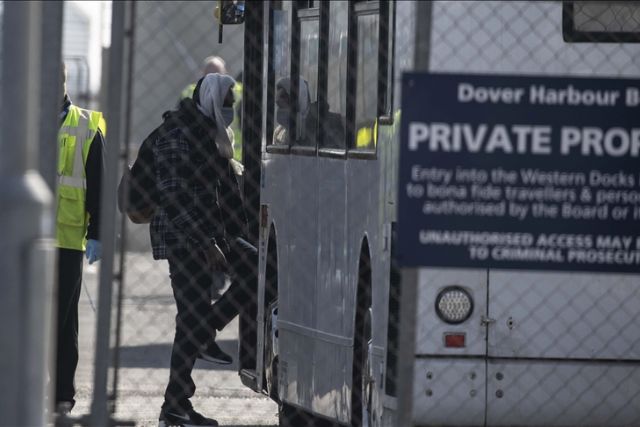Addressing security concerns of all parties will resolve Ukraine crisis: China tells UN
China urges all to keep crisis from spilling over, protect rights, interests of developing countries, says foreign minister

ISTANBUL
China reiterated its position Saturday to support a peaceful resolution of the Ukraine war but called for addressing the security concerns of the parties.
“China supports all efforts conducive to the peaceful resolution of the Ukraine crisis,” Wang Yi, China's top diplomat, said at the 77th session of the UN General Assembly (UNGA) in New York.
Wang, however, asserted that the fundamental solution to the crisis lies in “addressing legitimate security concerns of all parties and building a balanced, effective and sustainable security architecture.”
“We call on parties concerned to keep the crisis from spilling over and protect the legitimate rights and the interests of the developing countries,” said Wang, adding that China adheres to the principle of non-interference.
Russia launched a war against Ukraine in February, resulting in the migration of millions and death and injury to thousands.
“China promotes peace through talks, which is fair and pragmatic, and aims to address both symptoms and root causes of hotspot issues,” he said.
On Palestine, he said the conflict is at the heart of the Middle East.
“Justice is already late but it must not be absent,” said the top Chinese diplomat.
“A two-state solution is crucial for upholding fairness and justice,” Wang said, assuring continued support to Palestinians in “restoring their national rights.”
In South Asia, Wang said Afghanistan is in a “critical transition from chaos to order.”
“The right way forward is to put in place an inclusive political framework and adopt policies … the goal should be to resume economic growth and improve people's lives, fighting terrorism and integrating into the region being the priorities,” he said.
‘Any interfere in China's internal affairs bound to be crushed'
Touching on the Taiwan issue, Wang said the self-ruled island “has been an inseparable part of China since ancient times.”
Wang urged Japan to return “stolen territories” and said the UN General Assembly 51 years ago adopted Resolution 2758 with an overwhelming majority “which decided to restore the lawful seat of People's Republic of China (PRC), and expel representatives of Taiwan authorities from the place they had unlawfully occupied.”
The PRC is the official name of China.
“The so-called dual-representation proposal put forth by the US and a few others to keep Taiwan seat became nothing but a piece of paper,” he said.
“Once and for all, it resolved the issue of representation for the whole of China, completely blocked any attempt to create two Chinas or one China and one Taiwan,” he said, referring to a UNGA resolution in 1971.
By upholding its sovereignty and territorial integrity, said Wang, “China is safeguarding peace and stability in the Taiwan Strait.”
“China will continue to work for peaceful reunification (across Taiwan Strait) with the greatest efforts. To realize this (reunification) goal, we must combat Taiwan ‘independence and separatist activities' with the firmest resolve, and take the most forceful steps to oppose external interference,” he told the UNGA.
He claimed by “resolutely stalling separatist activities can we forge a true foundation for peaceful reunification.”
China claims Taiwan, home to more than 24 million people, as its "breakaway province" while Taipei has insisted on its independence since 1949.
To ensure “enduring peace” in the Taiwan Strait, Wang said “complete reunification” is necessary.
“Any scheme to interfere in China's internal affairs is bound to meet the strong opposition of all Chinese and any move to obstruct China's reunification is bound to be crushed by the views of history,” he said.
Unprecedented tensions erupted across the Taiwan Strait in early August when US House Speaker Nancy Pelosi paid an unannounced visit to Taiwan.
In response, China launched massive military operations around the island nation, firing missiles, some above Taiwan as Beijing sees formal or informal contact with Taipei as a violation of the One-China principle.





